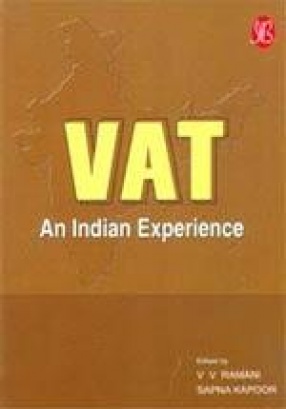
V.V. Ramani

35 books

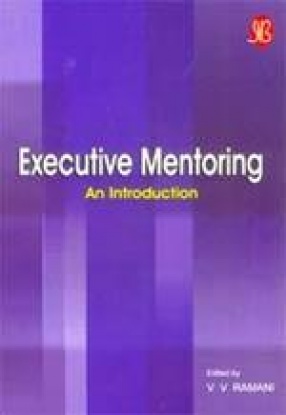
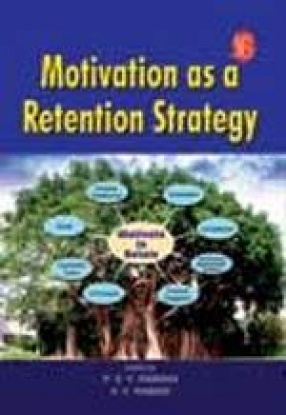
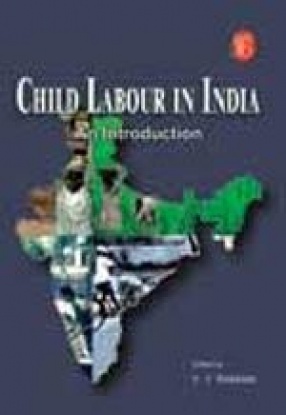
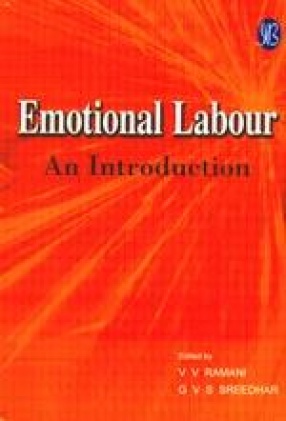


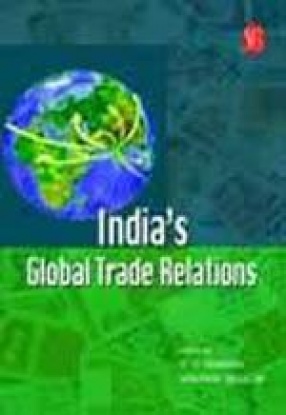






The much-awaited Value-Added Tax (VAT) has been introduced in Indian Taxation System from April 1, 2005. Now, India is a part of other 123 countries following VAT led by UK in 1973. It is said that four years is a very short period in introducing VAT in the country as compared to ten years, on an average, by other countries. VAT is most certainly a more transparent and accurate system of taxation. The existing sales tax structure allows double taxation thereby, ...

The concept of ‘Mentoring’ is, perhaps, very powerful in today’s technological world. Its impact goes beyond benefit to those who are mentored as well as those who mentor. If someone with experience is willing to invest time and effort in an attempt to assist the new generation either in the educational field or in career development, the youth should always listen, though not necessarily to agree with the advice. At the same time, they should take ...

Human resources are the most valuable resources and also an asset to any organization and so they have to be handled meticulously. With the effect of globalization, the service sector share in GDP is higher than the manufacturing and agriculture sectors. BPO sector is the sector, which witnessed a tremendous growth with Call Centres as a major support. This sector is chiefly people-driven and competitive with high attrition rates creating tremendous challenges to ...

Several factors are driving the need for businesses to integrate environmental issues with their business strategy. Improvement in the conditions of competitiveness is one of the main objectives of the business environment policy. Besides, a high standard of living, especially the safety of the citizens and a clean living environment, are integral parts of the welfare and business environment policy. On the other hand, external pressures such as regulations, ...

Increasing competition among the corporates for the right talent seems to have made the process of attracting and retaining talent, a Herculean task more than ever before. As the highly talented workforce in organizations enhance their skills and job-hop from one company to another, managers seem to be feeling the heat in battling abnormally high attrition rates. Motivating employees and retaining them in the current scenario is altogether a different ball game ...
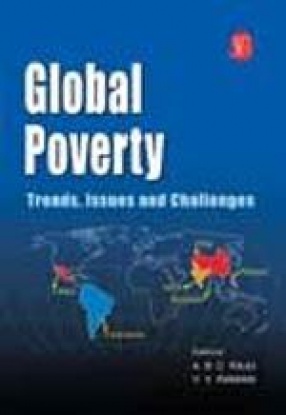
UN Millennium Summit 2000 declared in unequivocal terms that we should "... Spare no effort to free our fellow men, women and children from the abject and dehumanising conditions of extreme poverty." Poverty can be looked at, as income poverty and human poverty. Income poverty is nothing but lack of income to buy a basket of basic needs for human survival. Human poverty transcends economic aspect and encompasses social, cultural, political and physical ...
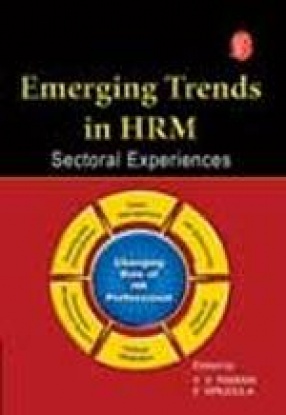
The management has to recognize the important role of Human Resource Department in order to successfully steer organizations towards profitability. It is necessary for the management to invest considerable time and amount, to learn the changing scenario of the HR department in the 21st century. In order to survive the competition and be in the race, HR department should consciously update itself with the transformation in HR and be aware of the HR issues cropping ...
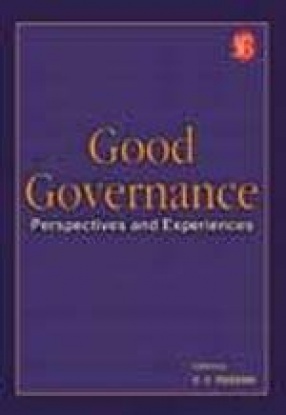
Governance has been an engaging concern from time immemorial. It has gained increasing significance over the ages. Numerous kingdoms, kings and emperors have addressed this issue and set different systems and practices, in accordance with the obtaining situation and the emerging needs of society. The perfect art of governance was never a continued spell. In between, there were glimpses of excellence, otherwise, it lapsed into a routine role. The periods of ...

Culture is the pattern of norms, values, beliefs and attitudes that influence individuals and groups' behavior within the organization. In short, culture is "the way we do things." Culture, therefore, is not an independent variable and it equates with business and supports the strategies. It aligns with the organization’s goals and influences the work groups in such a way as to align their personal and professional values and beliefs to enhance ...

With the rise in Japanese stock prices, improved corporate performance and other important indicators of economic growth, Japan is trying to emerge from its long-standing recession. Besides, the government and the Bank of Japan have declared that the economy is out of the red. Yet, a few concerns remain such as exchange rates, capital inflow, banking problems and issues of reform vs. recovery waiting for solutions. How the Japanese economy overcomes these ...

Effective performance management helps a company achieve its mission and fulfill its vision through employee involvement. In today s global environment, organizations are looking forward to follow and achieve the performance excellence goals through concentrating on their internal and external customers and looking for the long run sustainability in the market. They are more for organizational effectiveness along with personal enhancement by taking new ...

Child labour in India and the future of children call for serious concern on both humanitarian and economic grounds. This book discusses the issues, challenges and measures that can be taken by the government, society and the people. It further provides insights from experts, based on first-hand, grassroots experience for a clear picture about the true condition of child labour in India. It presents valuable inputs to all those working to eliminate child labour ...

Emotional labour is a kind of task requires someone to suppress or simulate their emotions. Particularly in capitalistic working condition. Sociologist Arlie Russell Hochschild coined the term in 1983 in a seminal work, The Managed Heart: Commercializatuion of Human Feeling. Hochschild defines emotional labour as "the management of feeling to create a publicly observable facial and bodily display is sold for a wage and therefore has exchange value." ...

In recent times, the growth of the world economy has challenged the limits of economic, social and ecological sustainability, at the same time, questioning about food security at the global level. Access to food is still perceived by many as a privilege, rather than a basic human right. Therefore, the global economy makes food security an essential concern. The book covers concepts and approaches related to accessibility, acceptability and adequacy of food to ...
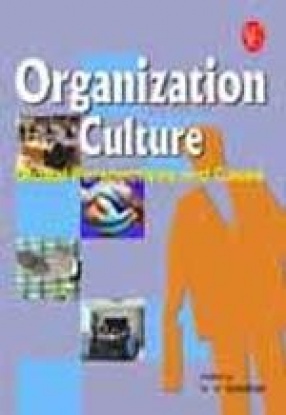
If a company has a well-defined corporate culture, it can create an environment that leads to success and that can see it through difficult times. The book explores aspects of organizational culture like corporate vision, mission, values and goals of an organization along with case studies on Nucor, Google, Nokia, BP, the IT sector, and others.

This is a book that explores the development of Uttaranchal, one of the youngest states of the India. It looks at innovative initiatives like private-public partnership to develop the infrastructure, encourage investment in education, hydropower, minerals, horticulture etc, promote tourism yet protect its fragile eco system. Included are views of top administrators, academicians and policymakers.

These days, retaining talent is very difficult, as the cream of the talent will always have a clear road map of their growth. This is best done by succession planning, a process that ensures that the right person is at the helm of affairs, as was done in Ranbaxy.

The volatility of the global scenario has brought sweeping changes in Indias foreign policy, and globalization has played a contributory role in this. Liberalization has improved Indias economic and political interactions with the world and trade and investment performances have also grown with IT, ITES and services exporting their goods and services to China, US and UAE. This book takes stock of the developments at various levels of trade between India and the ...

Talent at the workplace refers to placing people with distinctive traits in the right job or work environment to ensure profit, growth, excellence and perpetuity. How an organization does this effectively is dealt with in great detail here. Relevant case studies include SmithKline Beecham, Pitney Bowes Greg and Infosys.

Despite two decades of civil strife, Sri Lanka's economy has been quite buoyant and its GDP remained constant. Though poverty alleviation is still a big problem, the government gave top priority to privatization in the past five years. Its markets comprise external trade-oriented and produce commodities and manufactured products.

Outsourcing helps organizations concentrate on strategic goals and stay ahead of the competition. Growth in the financial sector is tremendous and since there can be no reversal in this area for at least another decade, financial services outsourcing is all the more lucrative. Here, corporates transfer risk and management to third parties and the outsourcing agencies operate offshore. The major advantages Indian companies have in this area are English language ...

The end of communism in the late 1980s brought about a new world economy and ushered in a free flow of goods, money, ideas and people. This resulted in the world economy facing regular ups and downs in their business cycle. Now, business cycles worldwide face a surge in economic activity followed by a boom and taper off with a recession and falling GDP levels.

The services sector constitutes a large part of an economy both in terms of employment potential and its contribution to national income. The sector covers a wide array of activities like financial services, hospitality services, outsourcing services, advisory services, communication services, information technology and educational services. Globalised economy, accessibility to information, efficient markets have all intensified competition leading to an intense ...

Today, economic cycles are governed by production, prices of the commodities, employment opportunities and financial investments and are therefore predictable unlike in the past. The 9/11 disaster made people realize that life and death are unpredictable. This book also depicts the business cycles of China, Hong Kong, India, Brazil, Argentina, Japan, Italy, European Union and US.
